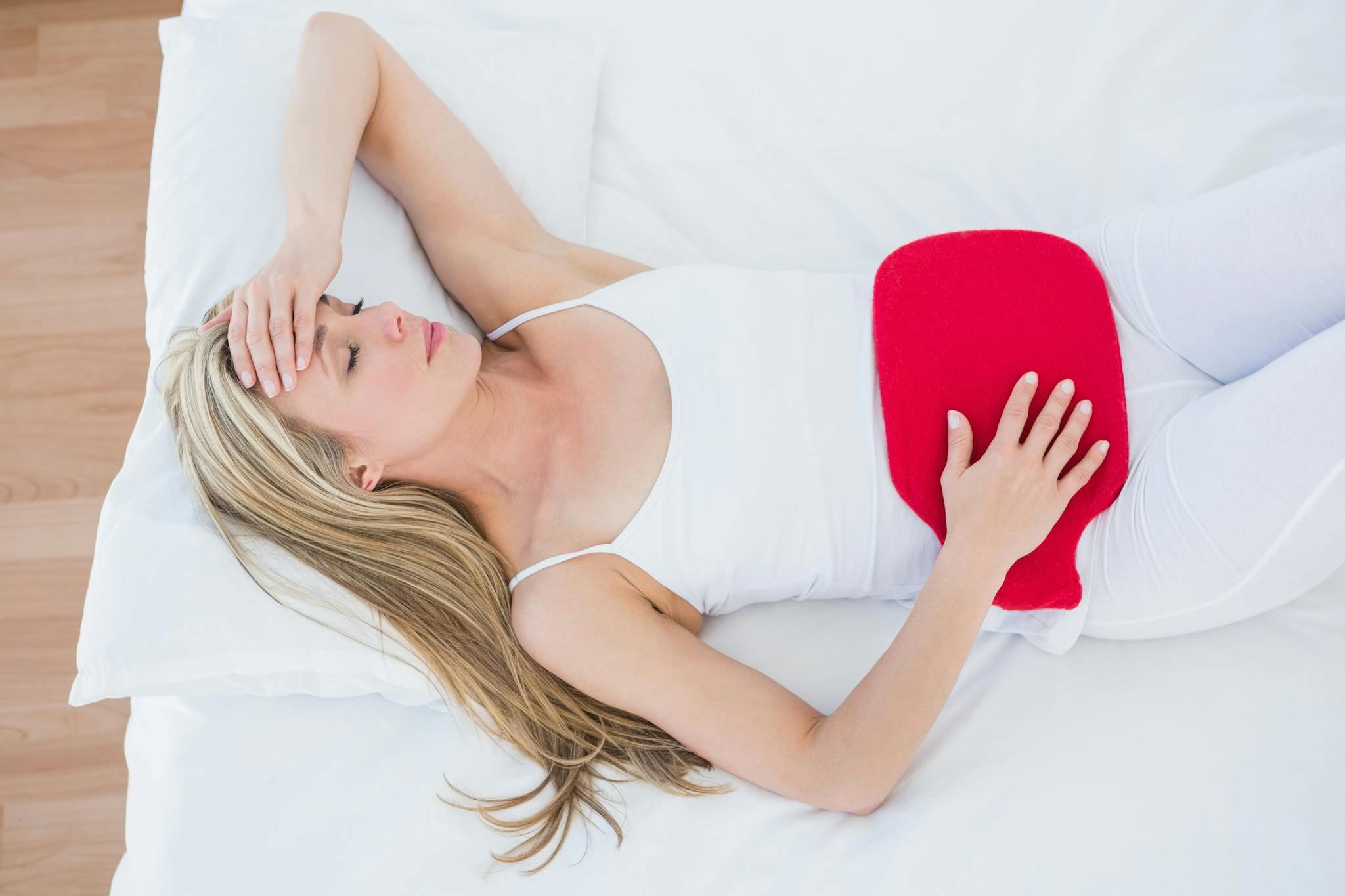Often known by its abbreviation PMS, premenstrual syndrome includes a variety of symptoms surrounding the menstrual cycle in women. It’s estimated that up to three out of every four menstruating women have experienced some form of PMS.
Symptoms
The list of potential signs and symptoms of PMS is quite long, but in most cases, women only experience a few of these. Symptoms that fall under the category of emotional and behavioral include:
- Tension or anxiety
- Depression
- Crying spells
- Mood swings, irritability or anger
- Food cravings and changes to appetite
- Insomnia (trouble sleeping)
- Social withdrawal
- Poor concentration
Other symptoms can manifest themselves physically:
- Joint or muscle pain
- Headache
- Fatigue
- Weight gain, related to fluid retention
- Abdominal bloating
- Breast tenderness
- Acne flare-ups
- Constipation or diarrhea
Most signs and symptoms generally disappear within four days of the start of the menstrual period. In some rare cases, women with PMS will have disabling symptoms every month—this is known as premenstrual dysphoric disorder, or PMDD. This can lead to depression, mood swings, anger, anxiety, overwhelmed feelings, difficulty concentrating, irritability and tension.
PMS Contributing Factors
The exact cause of premenstrual syndrome is not known, but there are a few factors that can contribute to it:
- Cyclic changes in hormones: Signs and symptoms of PMS can change with hormone fluctuations, and disappear with pregnancy or menopause.
- Chemical changes to the brain: A brain chemical called serotonin is thought to play a large role in moods, and serotonin fluctuations can trigger PMS symptoms such as depression, fatigue, food cravings and poor sleep.
- Depression: Depression alone does not cause all of the symptoms of severe PMS, but some women with severe PMS may have undiagnosed depression.
Treatment and Management
For many women, basic lifestyle changes and home remedies can help with symptoms of PMS. Some of these include:
- Diet: Eat smaller meals to reduce bloating; limit salty foods to reduce bloating and fluid retention; emphasize foods high in complex carbohydrates, like fruits, vegetables and whole grains; emphasize foods rich in calcium; avoid caffeine and alcohol.
- Exercise: At least 30 minutes of aerobic activity most days of the week can help improve health and alleviate symptoms like fatigue and depression.
- Stress reduction: Getting enough sleep and using methods of relaxation (muscle relaxation, deep-breathing exercises, yoga or massage) can help with symptoms.
- Record symptoms: Keeping a record of triggers and timing of symptoms can help you intervene with appropriate strategies.
In some cases, your doctor may prescribe medications for PMS. These could include:
- Antidepressants
- Nonsteroidal anti-inflammatory drugs (NSAIDs): These are drugs taken before or at the onset of your period, to help with cramping and breast discomfort.
- Diuretics: Taking water pills to help the body shed excess fluid can help with swelling, bloating and weight gain.
- Hormonal contraceptives: These are prescription medications that stop ovulation, which can bring relief from symptoms.
- Certain alternative medicines have also shown some success, but you should consult with your doctor before using them.
If you have severe or life-altering symptoms of premenstrual syndrome, your doctor can recommend a course of action to you.
Obstetricians/gynecologists at Revere Health OB/GYN provide a full range of healthcare services to women throughout all stages of their lives including; puberty, child-bearing years, menopause.
Sources:
“Premenstrual syndrome (PMS).” The Mayo Clinic. http://www.mayoclinic.org/diseases-conditions/premenstrual-syndrome/basics/definition/con-20020003
“PMS Health Center.” WebMD. http://www.webmd.com/women/pms/default.htm

